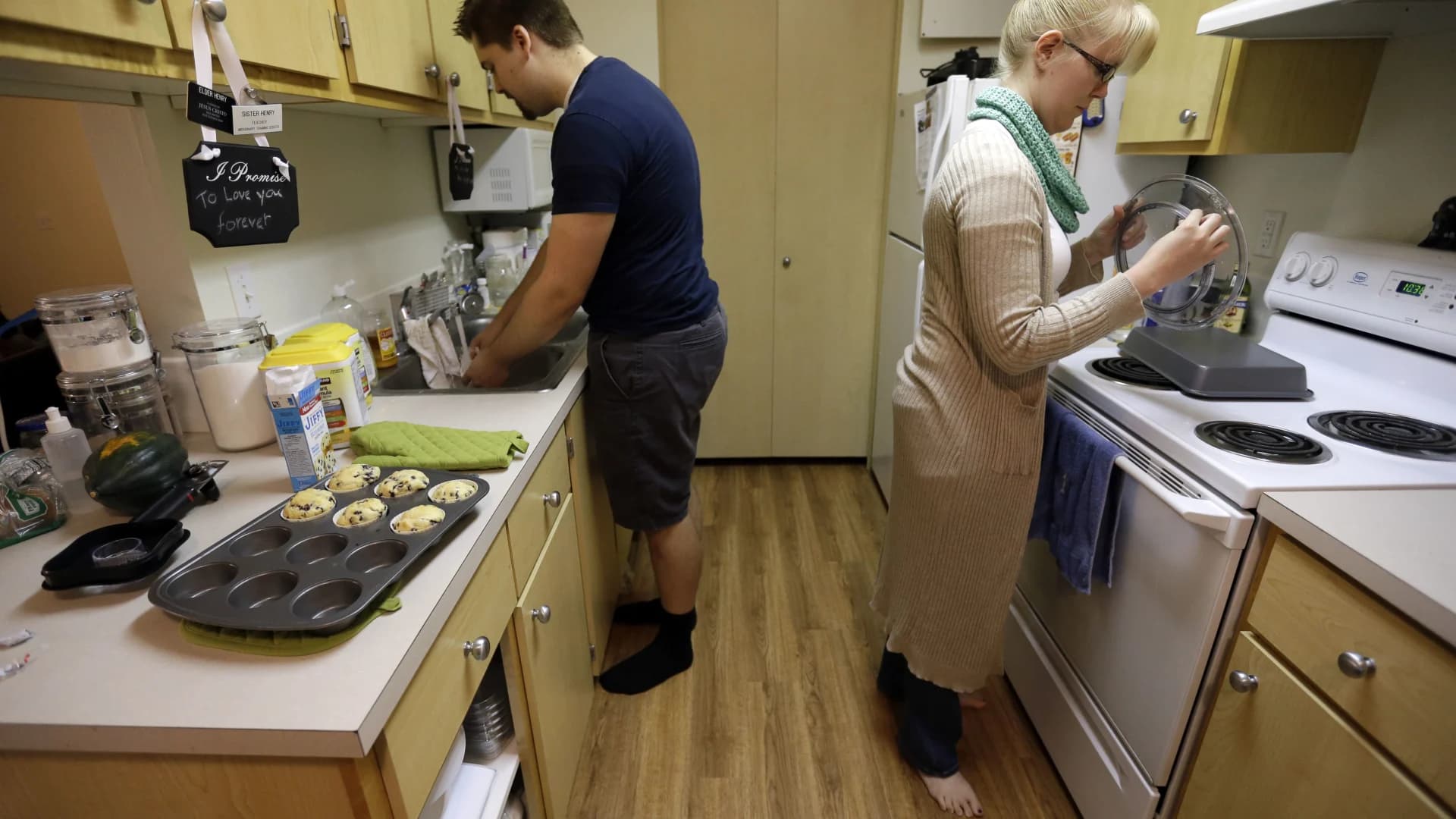More Stories

If you eat food contaminated with listeria, you could get so sick
that you have to be hospitalized, the Food and Drug Administration says. And
for certain vulnerable people, the illness could be fatal.
Unlike most bacteria, listeria germs can grow and spread in the
refrigerator. So if you unknowingly refrigerate listeria-contaminated food, the germs not only multiply at the cool
temperature, they could contaminate your refrigerator and spread to other
foods.
Those most at risk for illness include pregnant women, older
adults and people with compromised immune systems and certain chronic medical
conditions. In pregnant women, it can cause miscarriage, stillbirth, and
serious illness or death in newborn babies.
Below are some tips from the FDA to protect yourself and your
family:
1. WASH FRUITS AND VEGETABLES
Consumers are advised to wash all fruits and vegetables under
running water just before eating, cutting or cooking, even if you plan to peel
the produce first.
2. REFRIGERATOR TEMPERATURES
Chilling food properly is an important way of reducing risk of listeria
infection. Although listeria can grow at refrigeration temperatures, it grows
more slowly at refrigerator temperatures of 40 degrees or less. Keep your
refrigerator at 40 degrees or lower, and the freezer at 0 degrees or lower.
3. CLEAN CONTAINERS
Wrap or cover foods with a sheet of plastic wrap or foil, or put
foods in plastic bags or clean covered containers before you place them in the
refrigerator. Make sure foods do not leak juices onto other foods.
4. CLEAN IT UP
Clean up all spills in your refrigerator right away - especially
juices from hot dog and lunch meat packages, raw meat, and raw poultry.
Consider using paper towels to avoid transferring germs from a cloth towel.
Sanitize your refrigerator monthly.
5. WASH YOUR HANDS
Clean your hands and kitchen surfaces often as listeria can spread
from one surface to another. Thoroughly wash food preparation surfaces with
warm, soapy water, or a kitchen sanitizer.
More from News 12
1:44

STORM WATCH: Snow tonight through Sunday morning in The Bronx
0:29

NYPD, DSNY crack down on illegally parked vehicles in northern Bronx
1:17

62-year-old man dies in Van Nest house fire
0:48

Yankees host annual Winter Wonderland holiday celebration
1:50

New insight on who Mayor-elect Mamdani will lean on during time at City Hall
1:05
